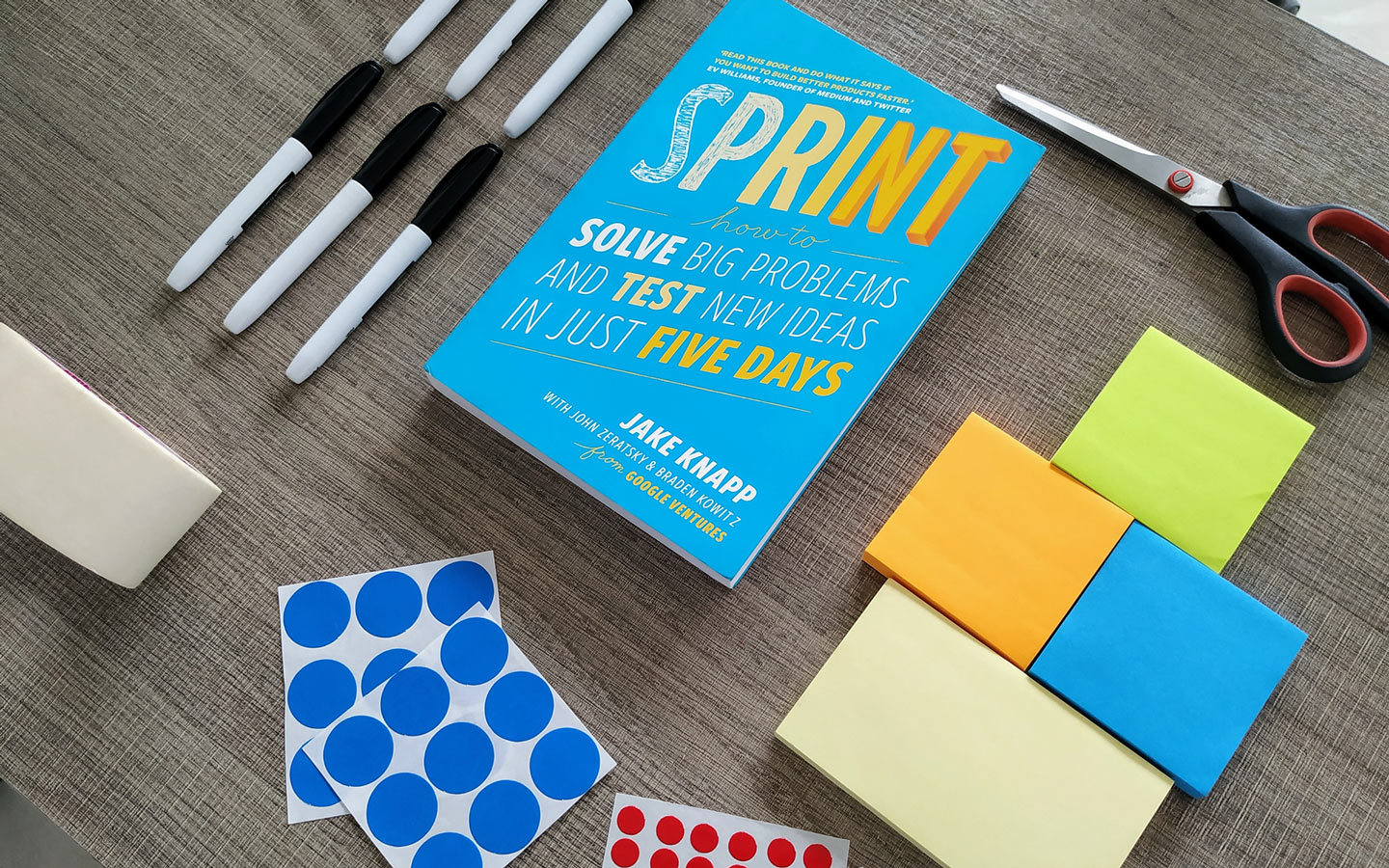“Digital transformation does not end with new software solutions. That is something many people still don’t understand.”
Marco, die firma has been supporting companies in their digital transformation for years. Have the majority of companies successfully completed this transformation at this point?
Contrary to what one would expect, companies are not yet working with new topics such as blockchain technology and artificial intelligence. And both of these will once again have a profound impact on work processes, for example. I see many companies still struggling with the basics of transformation. They think, “Now we have invested in new software solutions and in doing so we have met the targeted conditions. We are well-prepared.” But that is not the case at all. Software solutions are just one aspect. Digital transformation involves much, much more. This is something that many people still have not realised, especially in the B2B segment. A lot of basic work is needed.
What other aspects are essential for a successful digital transformation?
Communication. Networked collaboration. These are two basic ingredients. Communication is a key function: We exchange ideas in conversations, and exchanging leads to new ways of thinking and new perspectives, which are essential if a company wants to be innovative. But these points are precisely where many companies continue to struggle.
Why?
Classical work structures continue to prevail in many companies. Companies are structured in departments, and these departments work relatively independently of each other. There are cross-departmental meetings from time to time. But there is no collaboration, no interdepartmental exchange. Instead, we see hierarchies, scepticism when it comes to new working models and adherence to rigid structures. Nothing new can develop like this.
Start-ups are known for their agility. They quickly produce customer-friendly products. At die firma, you are of the opinion that established companies should learn from start-ups. What exactly do they need to learn?
The crux of the matter: Start-ups are more agile because they approach topics differently. And that begins with communication: Their employees initiate dialogues with each other, across departments. Knowledge, know-how, that is what matters at start-ups. It is not important who has what title and who the decision-maker is. It is about making something happen, and this can be achieved with the help of structures where everyone is invited to contribute their knowledge and to create something new through this interdisciplinary work, this interdisciplinary exchange. Both the structures and the way of thinking are different. Established companies can learn from this type of thinking and from this approach. And they should, if they want to remain in the market in the future.


New structures, new ways of thinking: Is that enough to develop innovative and above all economically relevant products?
Different points of view lead to different perspectives and new approaches. Reflecting together on problems leads to new solutions. Conservative companies simply need too much time to produce new ideas and to quickly check their marketability. But that is crucial in competition. They have to get faster, more agile. And that means old structures have to be basically dismantled and changed. Plus, traditional companies are still taking traditional paths when it comes to developing innovations. The needs and wishes of customers are not considered to a sufficient extent, despite their extreme importance. It is necessary to put yourself in your customer’s shoes. Today’s consumer is no longer the consumer they know from the past.
Who would have thought 10 years ago that a start-up called Airbnb would make money by using a community platform to offer apartments for travellers around the world, without even owning a single property itself? This far-sighted and clever idea has put pressure on another branch of industry. Someone there understood the consumers of today. Nokia is another good example: In 2006 the Finnish company had a market share of 50 percent of the mobile phone market. And now? Nokia slept right through the smartphone boom. As a result, its sales weakened at first, before finally collapsing. The end. This is why innovations have to satisfy customer needs, innovations have to be developed from this perspective. This is crucial. It requires a new way of thinking and some courage.
To be in a position to develop new products or services, companies have to abandon old structures and forms of communication. But how?
Using pilot projects. These pilot projects gradually change the company. In these digital breeding grounds, also known as corporate incubators, the first step is for small units to work on dedicated projects in an interdisciplinary manner. As a result, the company changes bit by bit. This is how you can have a successful digital transformation. Experience teaches us that.
die firma decided to offer a workshop on the topic, together with the bvik. What is in store for the participants?
We tackle the specifics: How does it feel to work at a start-up? How does the actual collaboration take place? The way of thinking is imparted and experienced in a playful manner using fictitious problems. That’s why the jobs-to be-done method is also part of the seminar: In this way the participants get to know the thinking structures of their customers. We also talk about the Canvas business model, which helps to gain an overview of the most important key factors of a business model. And finally: Design Sprints. The participants learn how to achieve results very quickly. What the participants take away from the workshop is a real understanding of what such a method of working looks like. Providing a lot of impetus. And conservative companies need that, because one thing is clear: The pressure to innovate is increasing. And no one is immune to being left behind.
The interview was conducted by Nathalie Heinke.
Further information:
